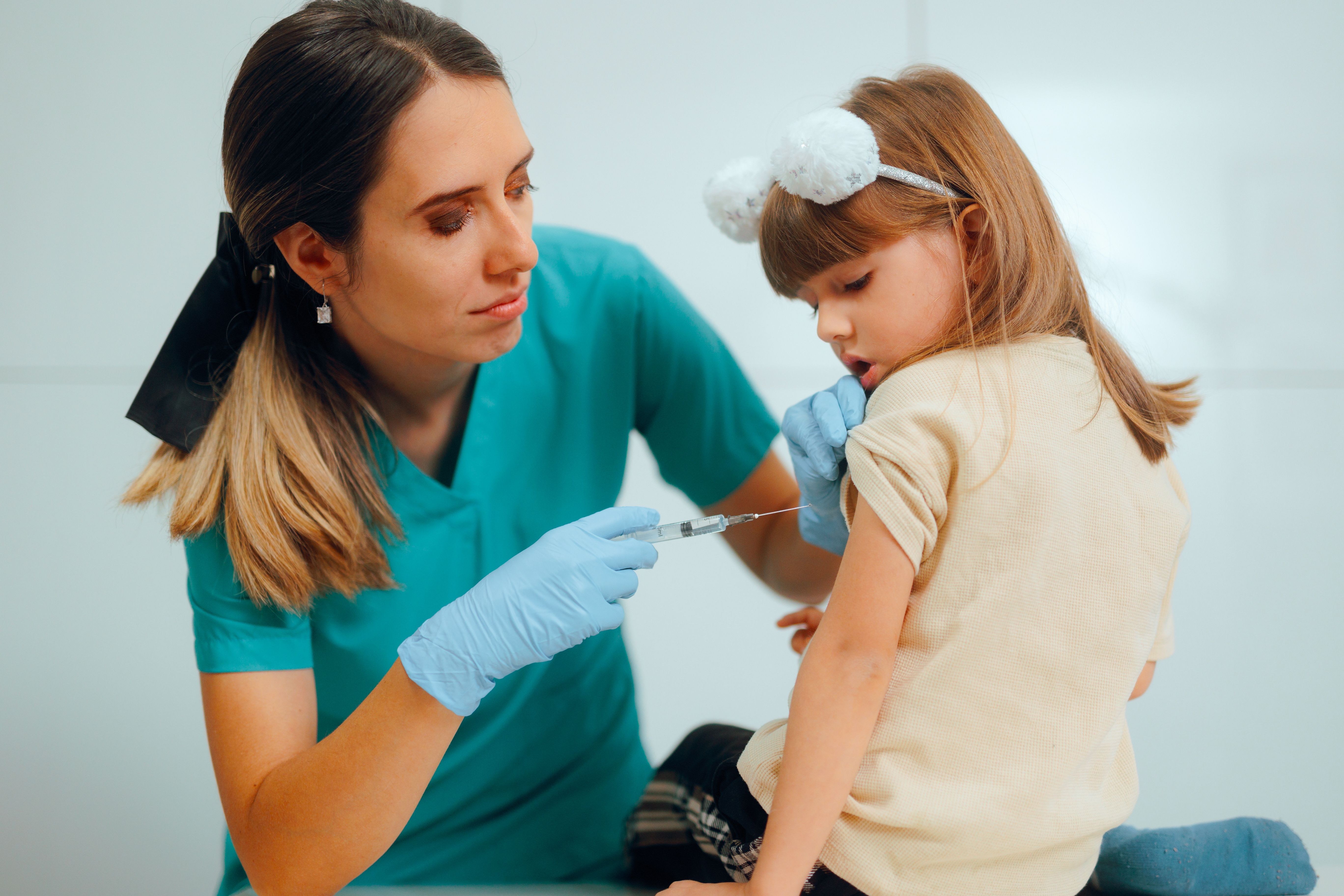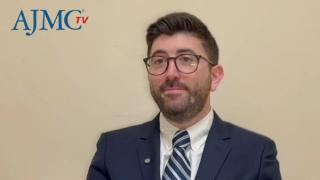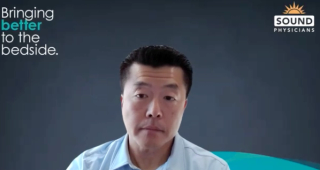
Health Care Delivery
Latest News

Trump Announces “The Great Healthcare Plan,” Proposing Direct Payments, Price Transparency, Insurance Reform
Latest Videos

Shorts









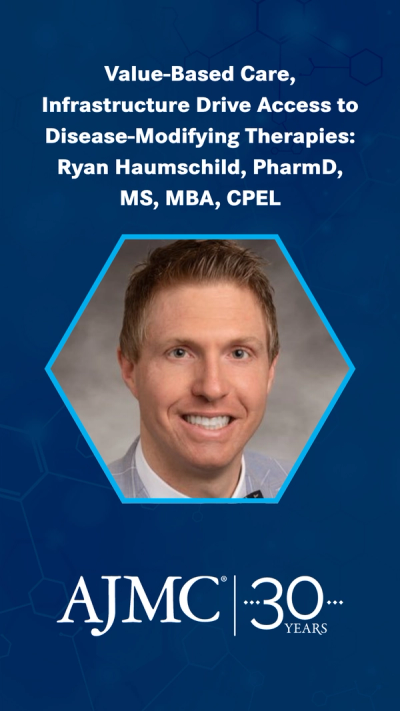
Podcasts
CME Content
More News

Aleata Postell discusses CenterWell Pharmacy's partnership with Eli Lilly to dispense FDA-approved obesity management drugs.

New research presented at ASCO GI positions both agents as potent therapeutic options, with potential to redefine standard care for aggressive HER2-driven gastrointestinal cancers.

ED law enforcement interactions affect survivors of violence and immigrant patients, emphasizing training and advocacy.

Patients undergoing lung or colon cancer surgery at rural hospitals that later closed had better outcomes after transfer to high-performing oncology centers.

Last week, OpenAI launched AI tools for health care organizations, including ChatGPT for Healthcare, designed to improve care and streamline administrative tasks.

Nursing home capacity has declined since the COVID-19 pandemic, causing greater strain on postacute care, especially in rural areas.

A recent study reveals that medical debt significantly increases the risk of housing instability, highlighting urgent implications for health policy and financial security.

Social determinants of health influence heart failure and arrhythmia risk in HCM, highlighting the need for more holistic, equitable risk stratification.

W. Kimryn Rathmell, MD, PhD, FASCO, champions the dyad model to enhance oncology care accessibility, bridging gaps between rural patients and clinical trials.

This week, we look at 5 key health care changes the Trump Administration made in 2025, changes to the immunization schedule, and new research on telehealth accessibility.

EHR penicillin allergy flags do not often match allergist assessments, highlighting the need for improved evaluation processes.

Although the vast majority of physicians using an artificial intelligence (AI) scribe perceived a reduction in documentation time, those with the most actual time savings had higher relative baseline levels of documentation time.

Lower income and higher social deprivation were associated with increased heart failure and arrhythmia risk in patients with hypertrophic cardiomyopathy.

A meta-analysis found β-blockers did not improve clinical outcomes in patients with acute MI and preserved LVEF, raising questions about routine use.

Telehealth Intervention by Pharmacists Collaboratively Enhances Hypertension Management and Outcomes
Patient interaction and enhanced support with clinical pharmacists significantly improved pass rates for a measure of controlling blood pressure compared with usual care.

Nimbus Therapeutics and Eli Lilly announce their partnership to develop a novel oral drug for patients with obesity and other metabolic disorders.

GoodRx offers affordable access to oral semaglutide for weight loss through telemedicine, simplifying treatment options and pricing for consumers.

Sachin H. Jain, MD, MBA, discusses 2026 health care predictions, including AI adoption, GLP-1 demand, MAHA growth, DEI’s return, and policy shifts.
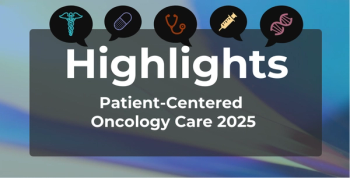
Reader favorites from the 2025 Patient-Centered Oncology Care conference included articles and interviews featuring AI's role in precision medicine and the importance of collaboration in delivering care.
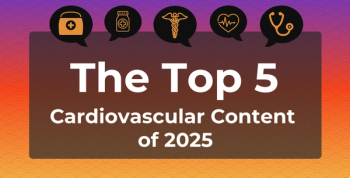
New treatments, care gaps, and cardiac monitoring were major focuses in cardiovascular news this year.
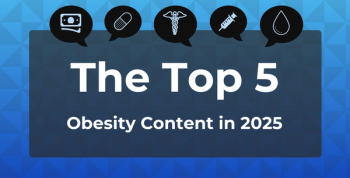
Our top 5 obesity articles of 2025 highlight GLP-1 prescribing trends, insurance coverage, co-pay caps, real-world use, and access challenges.

New therapies and individualized care plans for menopausal women highlighted the most-read 2025 SABCS coverage.

These are the most popular multiple myeloma articles from 2025.
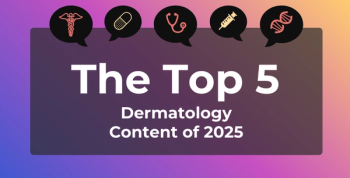
Our top dermatology content of 2025 highlights AI wearables, new biologics, emerging vitiligo treatments, and strategies for rare and complex skin diseases.

Here are our top highlights from AAD 2025 that include safety of topical JAK inhibitors, climate impacts on skin health, affordability of classic therapies, and advancing AI in dermatology.

